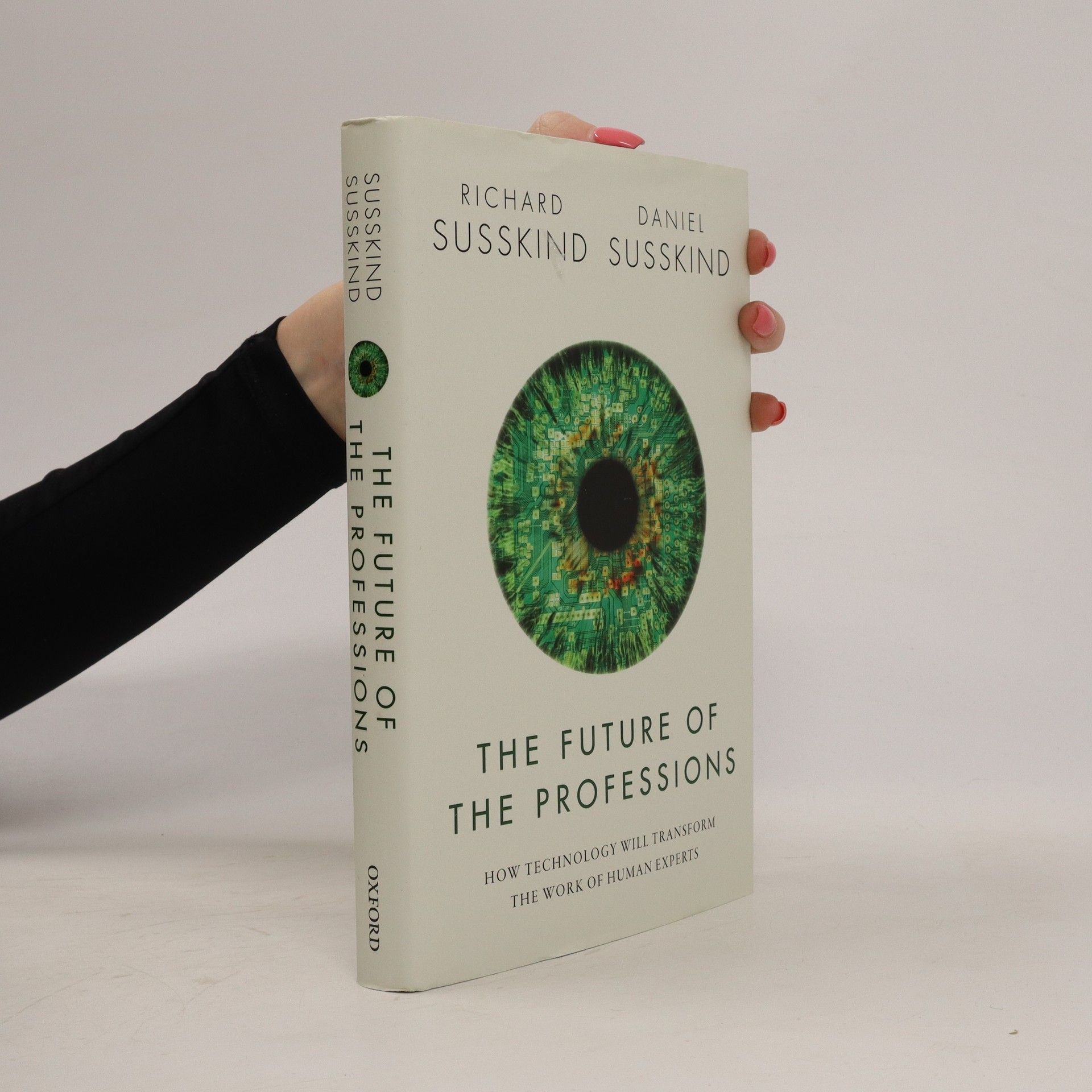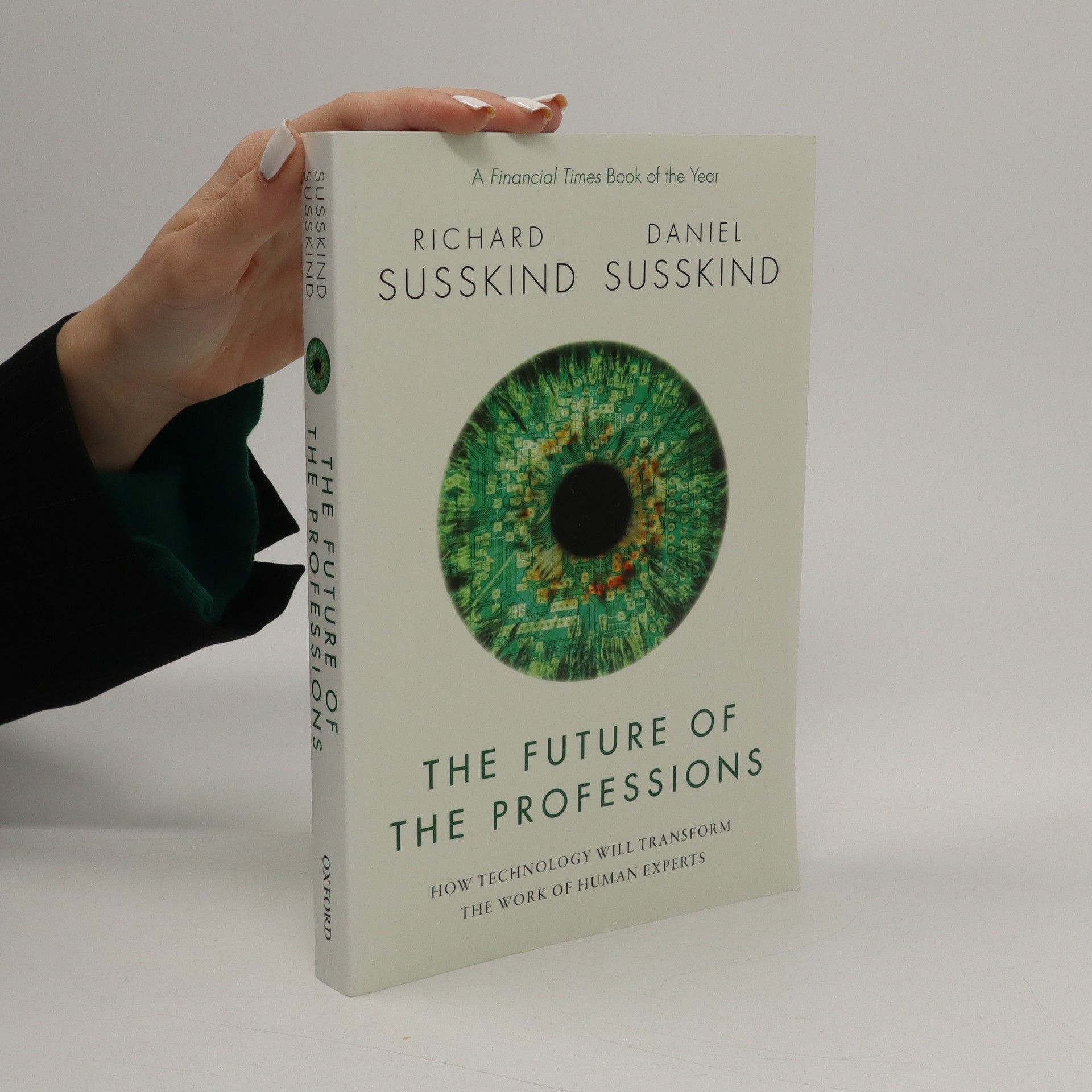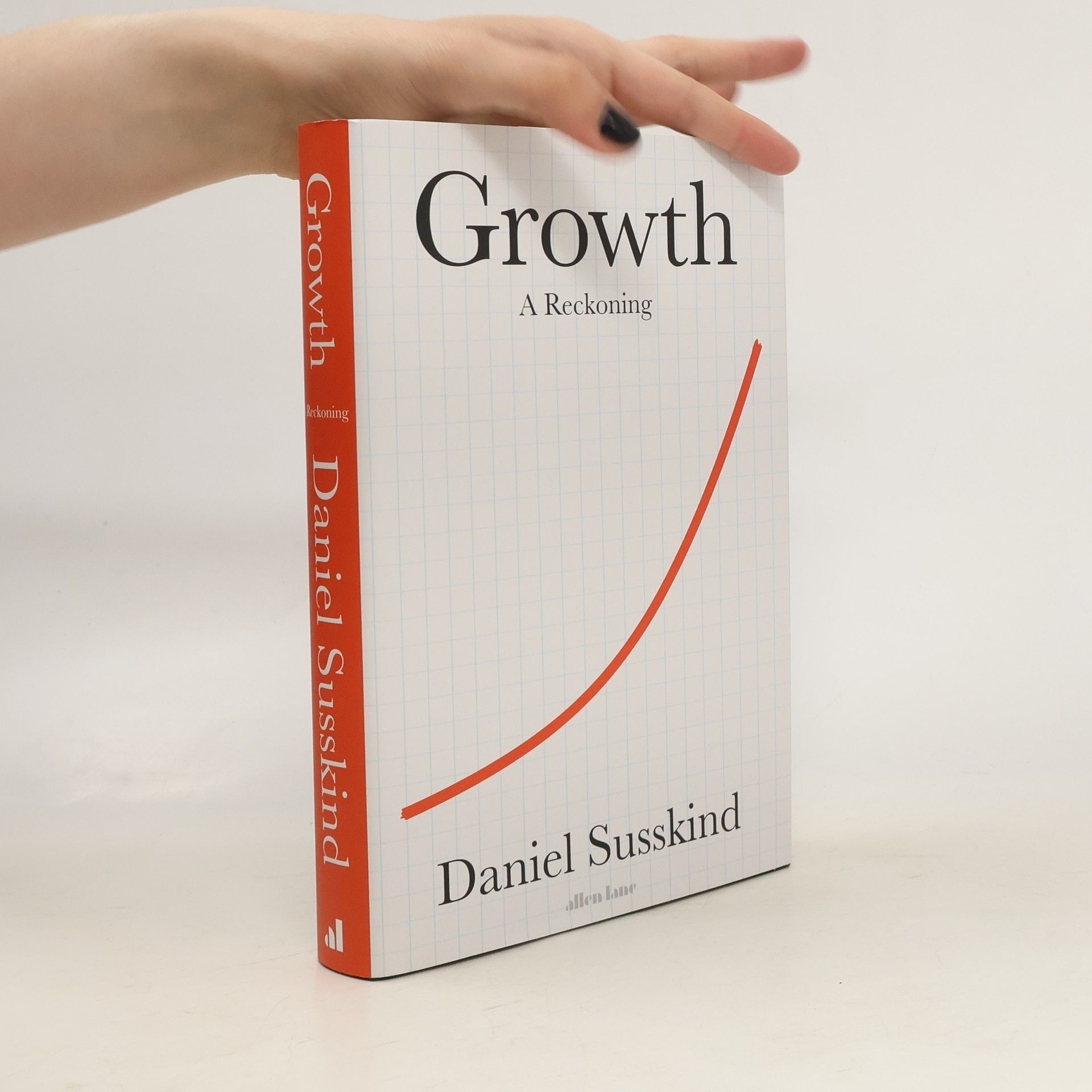Growth
- 368 pages
- 13 hours of reading
Over the past two centuries, economic growth has freed billions from poverty and made our lives far healthier and longer. As a result, the unfettered pursuit of growth defines economic life around the world. Yet this prosperity has come at an enormous price: deepening inequalities, destabilizing technologies, environmental destruction and climate change. Confusion reigns. For many, in our era of anaemic economic progress, the worry is slowing growth - in the UK, Europe, China and elsewhere. Others understandably claim, given its costs, that the only way forward is through 'degrowth', deliberating shrinking our economies. At this time of uncertainty about growth and its value, award-winning economist Daniel Susskind has written an essential reckoning. In a sweeping analysis full of historical insight, he argues that we cannot abandon growth but shows instead how we must redirect it, making it better reflect what we truly value. He explores what really drives growth, and offers original ideas for combatting our economic slowdown. Lucid, thought- provoking and brilliantly researched, Growth: A Reckoning is a vital guide to one of our greatest preoccupations.



